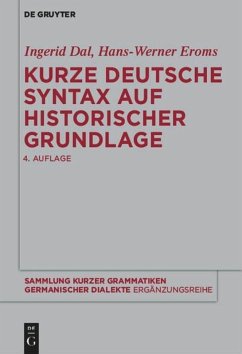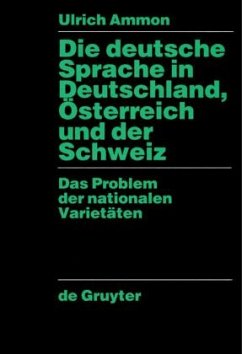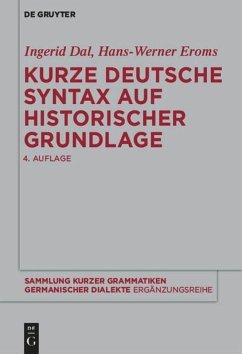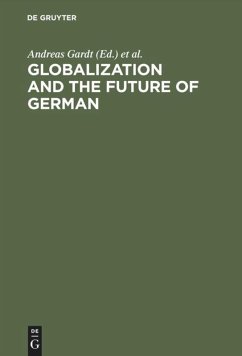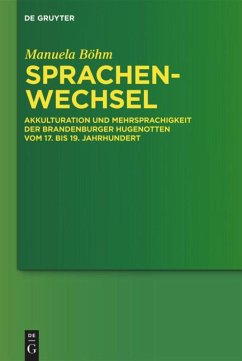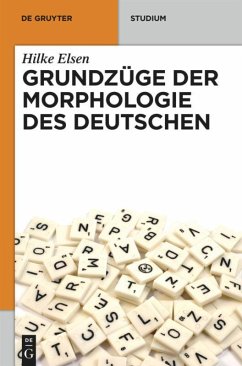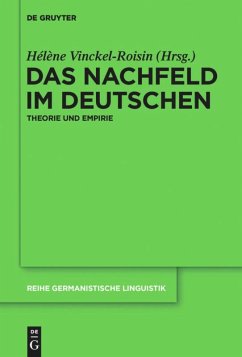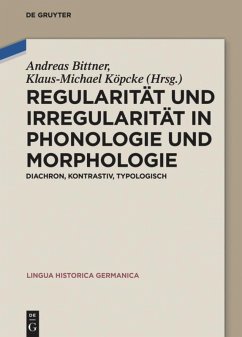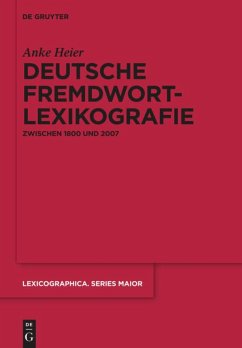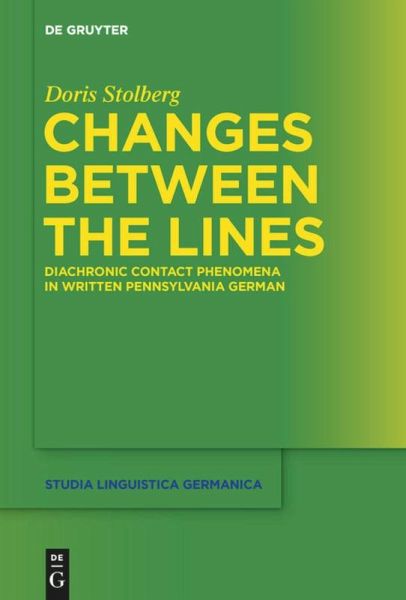
Changes Between the Lines
Diachronic contact phenomena in written Pennsylvania German
Versandkostenfrei!
Versandfertig in 1-2 Wochen
119,95 €
inkl. MwSt.
Weitere Ausgaben:

PAYBACK Punkte
0 °P sammeln!
The book investigates the diachronic dimension of contact-induced language change based on empirical data from Pennsylvania German (PG), a variety of German in long-term contact with English. Written data published in local print media from Pennsylvania (USA) between 1868 and 1992 are analyzed with respect to semantic changes in the argument structure of verbs, the use of impersonal constructions, word order changes in subordinate clauses and in prepositional phrase constructions.The research objective is to trace language change based on diachronic empirical data, and to assess whether existi...
The book investigates the diachronic dimension of contact-induced language change based on empirical data from Pennsylvania German (PG), a variety of German in long-term contact with English. Written data published in local print media from Pennsylvania (USA) between 1868 and 1992 are analyzed with respect to semantic changes in the argument structure of verbs, the use of impersonal constructions, word order changes in subordinate clauses and in prepositional phrase constructions.
The research objective is to trace language change based on diachronic empirical data, and to assess whether existing models of language contact make provisions to cover the long-term developments found in PG. The focus of the study is thus twofold: first, it provides a detailed analysis of selected semantic and syntactic changes in Pennsylvania German, and second, it links the empirical findings to theoretical approaches to language contact.
Previous investigations of PG have drawn a more or less static, rather than dynamic, picture of this contact variety. The present study explores how the dynamics of language contact can bring about language mixing, borrowing, and, eventually, language change, taking into account psycholinguistic processes in (the head of) the bilingual speaker.
The research objective is to trace language change based on diachronic empirical data, and to assess whether existing models of language contact make provisions to cover the long-term developments found in PG. The focus of the study is thus twofold: first, it provides a detailed analysis of selected semantic and syntactic changes in Pennsylvania German, and second, it links the empirical findings to theoretical approaches to language contact.
Previous investigations of PG have drawn a more or less static, rather than dynamic, picture of this contact variety. The present study explores how the dynamics of language contact can bring about language mixing, borrowing, and, eventually, language change, taking into account psycholinguistic processes in (the head of) the bilingual speaker.




